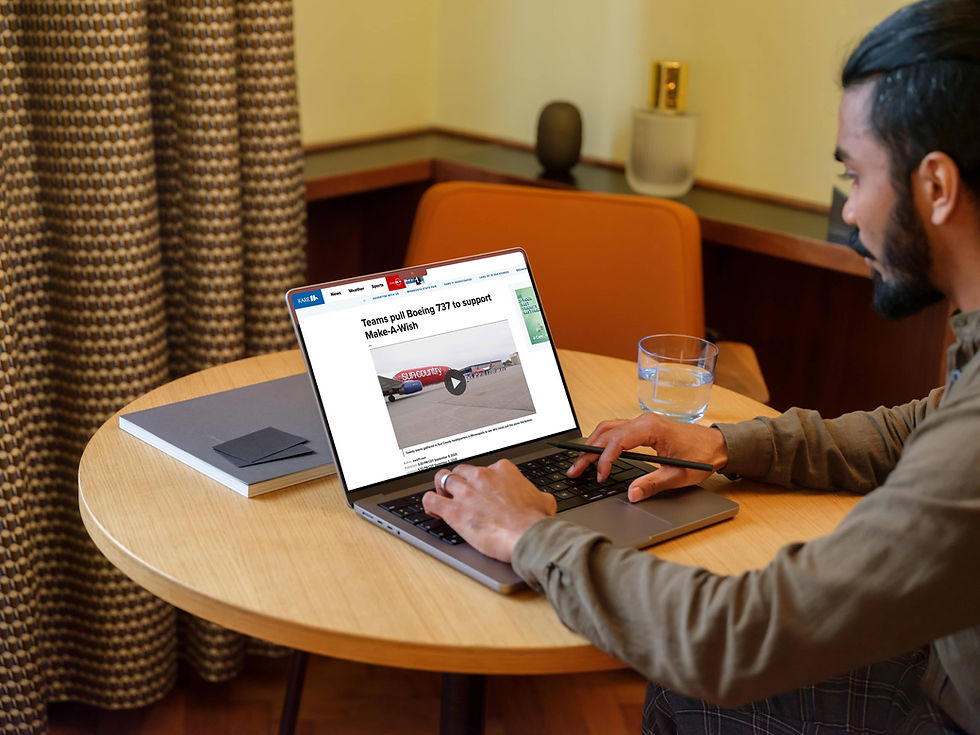Statement from Sun Country on flight attendants’ vote to authorize strike
- Sun Country

- Aug 16, 2024
- 2 min read
Friday, August 16, 2024
Sun Country’s flight attendants have voted to authorize their union, IBT Local 120, to call for a strike if needed in the future. We appreciate our flight attendants and everything they do for Sun Country’s customers and our airline. We respect their right to express themselves through this vote.
Sun Country customers can be assured that the strike authorization vote will not impact their travel.
A strike authorization vote is a common tool used by unions during contract negotiations. It does not mean that a strike is imminent or will happen at all. Under federal law, there are many steps that must be taken before airline employees can go on strike, including a notification to the public and the approval of the federal government. That is not where we are in the process.
Sun Country and the International Brotherhood of Teamsters (IBT) Local 120, representing Sun Country’s flight attendants, are presently negotiating a new contract with the assistance of a mediator from the National Mediation Board (NMB). We are confident an agreement will be reached that Sun Country’s flight attendants will be proud to support and that supports the future of our airline.
###
Background for media on the negotiating process:
Before an airline union can strike, several steps must be completed under U.S. federal law:
Negotiation: Both the union and the airline must engage in direct negotiations to reach an agreement.
Mediation: If negotiations are not progressing, the National Mediation Board (NMB) may be brought in to mediate the dispute.
Proffer of Arbitration: If the NMB determines that further negotiations will not result in an agreement, it issues a "proffer of arbitration," an offer to enter binding arbitration to end the dispute.
Cooling-Off Period: If either party rejects the proffer, the NMB releases the parties into a 30-day cooling-off period. Upon expiration of the cooling-off period, the parties are free to either strike (union) or lock out employees (company).
Presidential Emergency Board (PEB): During or immediately after the cooling-off period, the NMB can determine the strike's impact on interstate commerce and the national transportation system and recommend a PEB to the White House. The PEB has 30 days to hold hearings and issue non-binding recommendations to settle the strike. Another 30-day cooling-off period follows, after which the union can strike, and/or the company can lock out employees.
These steps ensure multiple opportunities for resolution and prevent sudden strikes, making strikes a last resort. There has not been a strike in the US airline industry since 2010.




